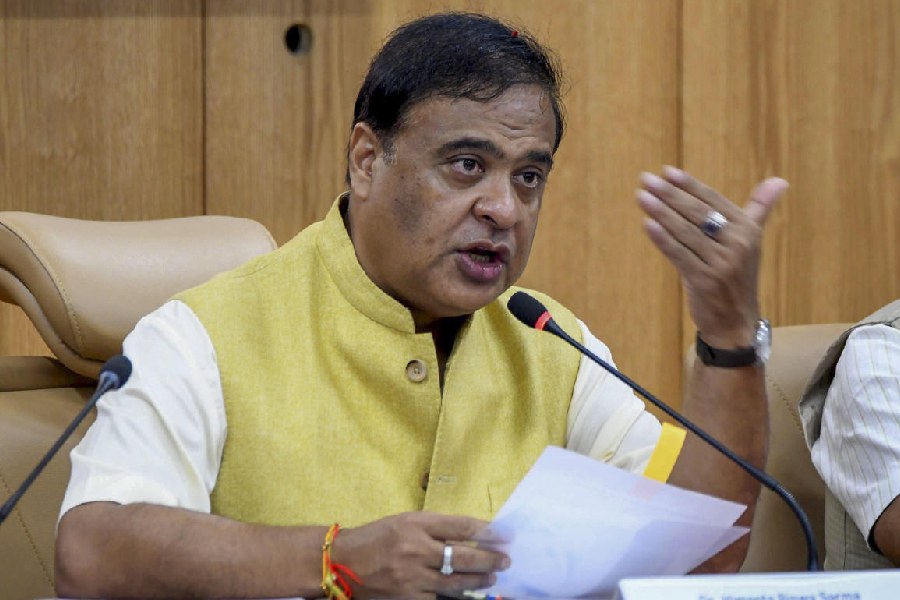India Inc is treading a cautious path after the political upheaval in Bangladesh which has cast a dark cloud over bilateral trade and investment in the neighbouring country, enfeebling relations in a manner that has never been seen over half a century.
A day after Sheikh Hasina was ousted as the Prime Minister of Bangladesh, Indian companies operating in the country were scrambling to make some sense of how the regime change would impact their business in the months ahead.
Two of India’s largest business chambers, CII and Ficci, preferred to maintain a studied silence on Tuesday. They have opted to adopt a “wait and watch” mode as they try to come to grips with the many moving parts of the equation.
However, individual companies and some of the trade bodies have started to voice their concerns about the unfolding events.
The Adani Group, one of India’s largest conglomerates, has one of the widest footprints in Bangladesh, primarily through their power and foods businesses.
Several FMCG companies such as Marico, Emami, and Dabur have manufacturing units and distribution networks in the country.
Adani Power Ltd, which has set up a 1,600 mega watt thermal power plant at Godda in Jharkhand, supplies electricity to Bangladesh through a cross-country transmission line set up by Adani Energy Solutions Ltd.
Even though APL continues to supply power, the company has several months of payments pending from the Bangladesh Power Development Board (BPDB).
“Adani Power has a PPA (power purchase agreement) with Bangladesh power distribution utility, BPDB to meet their power requirements. In the normal course of business, BPDB is scheduling the power supply to meet their demand. As per that schedule, Adani Power continues to supply power to the Bangladesh power utility without any disruption. Going forward too, we will remain guided by BPDB’s schedule and as per the provisions of PPA between two utilities,” an Adani Power spokesperson said.
Adani Wilmar also has a strong presence in Bangladesh and owns the country’s top edible oil brand. The company declined to comment on the impact that the political turmoil will have on its operations. Bangladesh Edible Oil Ltd, a 100 per cent subsidiary of Adani Wilmar, posted a revenue of ₹2084 crore and loss of ₹111 crore in FY24.
FMCG player Marico saw its stock plunging by 6.5 per cent on bourses as investors turned cautious about its exposure. Saugata Gupta, MD and CEO of Marico, told analysts at an earnings call that the company remained watchful of the developments in Bangladesh even as it started to reduce the scale of its operations in the country. Bangladesh contributes about 12 per cent revenue and 20 per cent of its EBIDTA (earnings before interest, depreciation, tax and amortization).
Abneesh Roy of Nuvama Institutional Equities said Emami’s Bangladesh business was a “disaster” for the company in July as it battled currency depreciation and other macroeconomic issues. The country contributes 4 per cent of Calcutta-based Emami’s revenues and profits.
Trade woes
Bangladesh is India’s biggest trade partner in South Asia, while India is the second biggest trade partner of the neighbouring country in Asia. However, it accounted for only 2.53 per cent of India’s exports and experts believe the turmoil would not have any meaningful impact on India’s overall exports this fiscal.
While the overall impact from a country perspective may not be significant, industry segments appear worried about the prospects.
“The political developments in Bangladesh are a significant concern for Indian engineering exporters. As one of the top destinations for Indian engineering products and our largest trading partner in South Asia, stability in Bangladesh is crucial for maintaining and expanding trade relations,” said Arun Garodia, chairman of Engineering Exports Promotion Council.
With inputs from R. Suryamurthy










